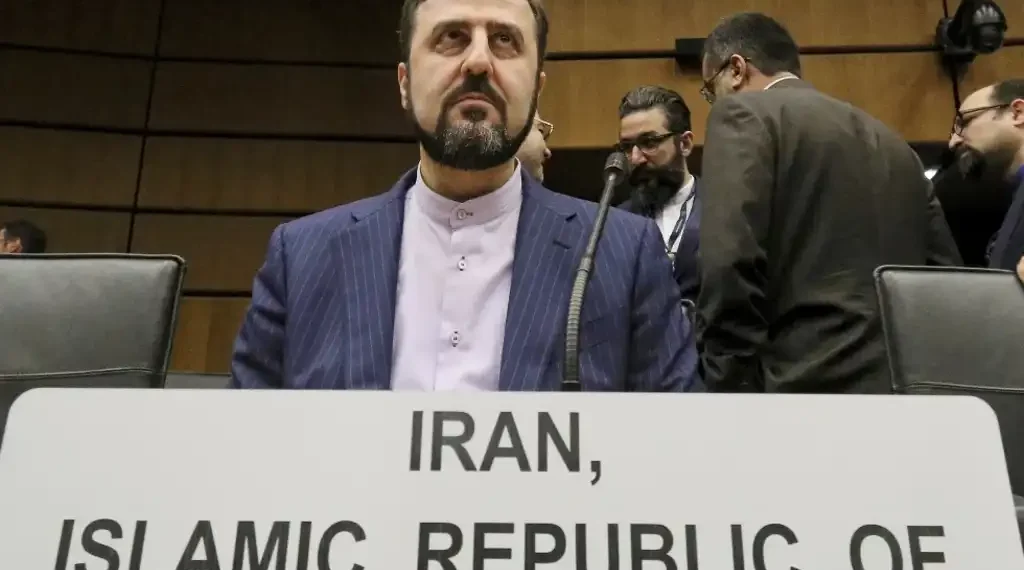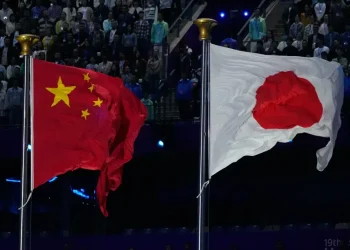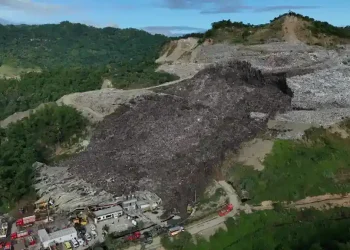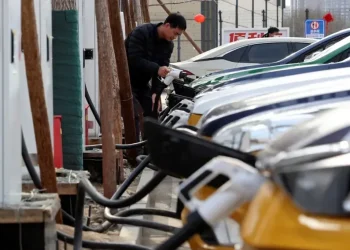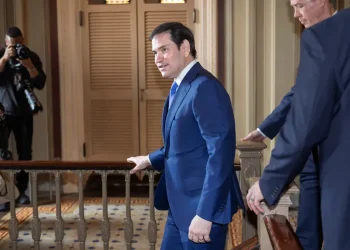E3 Nations Warn Iran: Sanctions Loom if Nuclear Talks Fail by August 31, 2025
Published Time: 08-13-2025, 14:30 UTC
The United Kingdom, France, and Germany—collectively known as the E3—have issued a stern warning to Iran, signaling their readiness to reinstate United Nations sanctions unless Tehran resumes nuclear negotiations by the end of August 2025. In a joint letter to UN Secretary-General António Guterres, the E3 emphasized their commitment to preventing Iran from developing nuclear weapons and outlined the potential reactivation of the “snapback” mechanism, a provision that allows for the automatic reimposition of sanctions.
E3’s Ultimatum: Diplomatic Engagement or Sanctions
In their letter, the E3 nations conveyed that if Iran does not engage in meaningful diplomatic discussions by August 31, 2025, or fails to accept an extension for negotiations, they are prepared to trigger the snapback mechanism. This mechanism, established under United Nations Security Council Resolution 2231, permits any participant of the Joint Comprehensive Plan of Action (JCPOA) to unilaterally reimpose sanctions if Iran is found to be in significant non-compliance with its nuclear commitments. The E3 reaffirmed their dedication to utilizing all available diplomatic tools to ensure Iran does not develop a nuclear weapon.
Background: Stalled Nuclear Negotiations
The current impasse follows a period of heightened tensions, including a 12-day conflict in June 2025 between Iran and Israel, during which Israeli and U.S. airstrikes reportedly targeted Iranian nuclear facilities. Subsequently, Iran suspended its cooperation with the International Atomic Energy Agency (IAEA), the UN’s nuclear watchdog, and has not permitted inspections of its nuclear sites. The IAEA’s recent visit to Iran did not include access to any nuclear facilities, and full cooperation remains unrestored.
In July 2025, the E3 met with Iranian officials in Istanbul to discuss the possibility of reimposing international sanctions, which had been lifted in 2015 in exchange for Iran accepting restrictions and monitoring of its nuclear program. However, these talks have not led to significant progress, and diplomatic efforts remain at a standstill.
Iran’s Response: Threats of Nuclear Non-Proliferation Treaty Withdrawal
In reaction to the E3’s warning, Iranian officials have expressed strong objections. Kazem Gharibabadi, Iran’s Deputy Foreign Minister, warned that if the snapback mechanism is activated, Iran may consider withdrawing from the Nuclear Non-Proliferation Treaty (NPT). He emphasized that such a move would be a proportionate response to what Iran perceives as unjustified actions by the E3.
Additionally, Iranian lawmaker Manouchehr Mottaki stated that Iran’s parliament is prepared to withdraw from the NPT if the United Nations reimposes international sanctions on the country. This declaration marks a significant escalation in tensions between Iran and Western powers over nuclear policy and international agreements.
International Implications: A Delicate Diplomatic Balance
The E3’s threat to reinstate sanctions underscores the fragile state of international diplomacy concerning Iran’s nuclear program. The snapback mechanism, designed as a safeguard to ensure compliance with the JCPOA, has never been invoked. Its potential activation raises concerns about further destabilizing the region and undermining efforts to prevent nuclear proliferation.
The United States, which unilaterally withdrew from the JCPOA in 2018, has not resumed direct negotiations with Iran. The current administration has indicated a willingness to engage diplomatically, but only if Iran returns to full compliance with the agreement. This complex web of relations adds to the challenges of achieving a comprehensive and lasting resolution.
Looking Ahead: The Path to Diplomacy
As the August 31 deadline approaches, the international community watches closely. The E3’s call for renewed negotiations presents Iran with a critical choice: engage in constructive dialogue to address nuclear concerns or face the reimposition of sanctions that could have far-reaching economic and political consequences. The outcome of this decision will significantly impact regional stability and the global non-proliferation regime.
This article was rewritten by JournosNews.com based on verified reporting from trusted sources. The content has been independently reviewed, fact-checked, and edited for accuracy, neutrality, tone, and global readability in accordance with Google News and AdSense standards.
All opinions, quotes, or statements from contributors, experts, or sourced organizations do not necessarily reflect the views of JournosNews.com. JournosNews.com maintains full editorial independence from any external funders, sponsors, or organizations.
Stay informed with JournosNews.com — your trusted source for verified global reporting and in-depth analysis. Follow us on Google News, BlueSky, and X for real-time updates.
